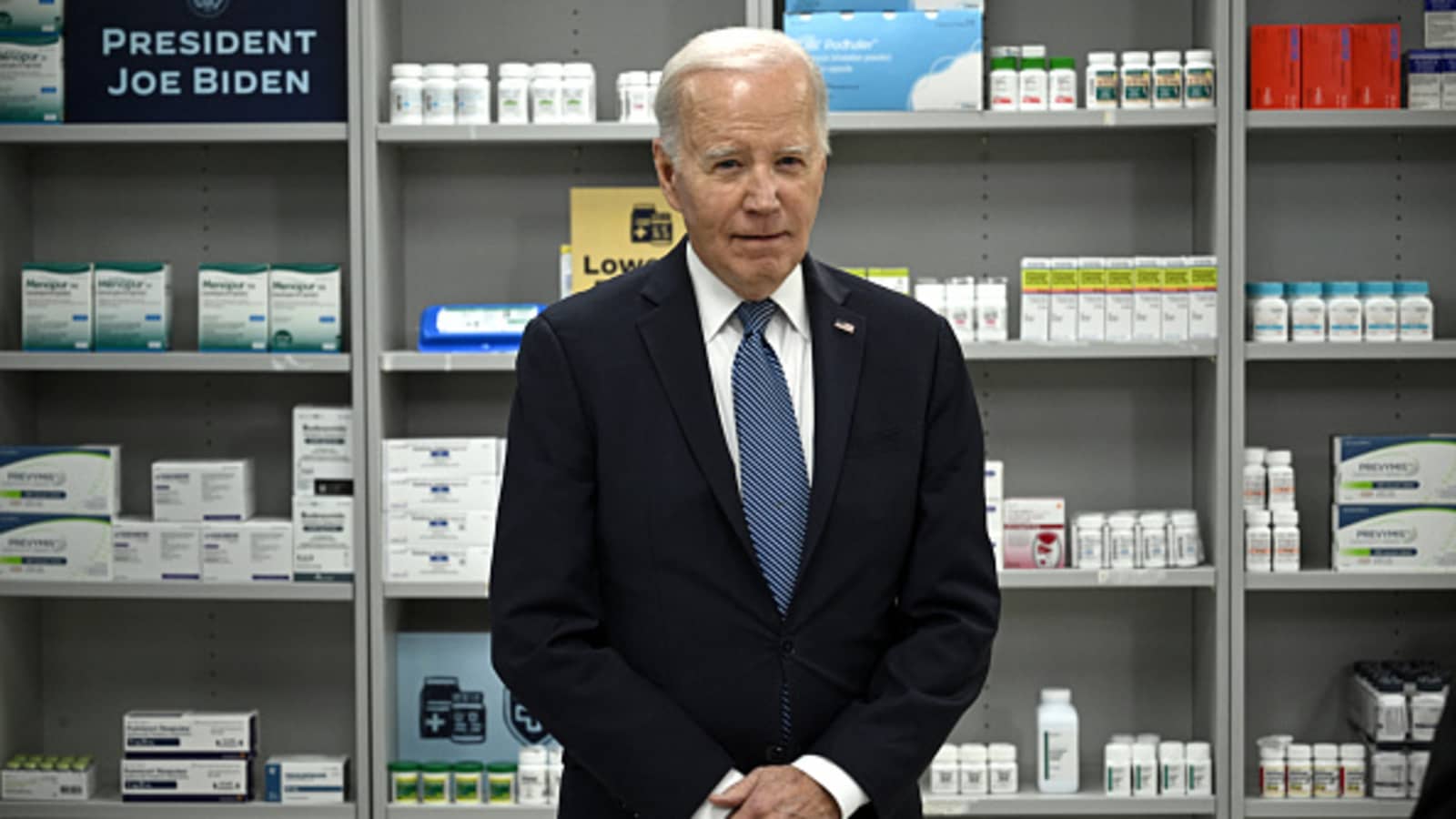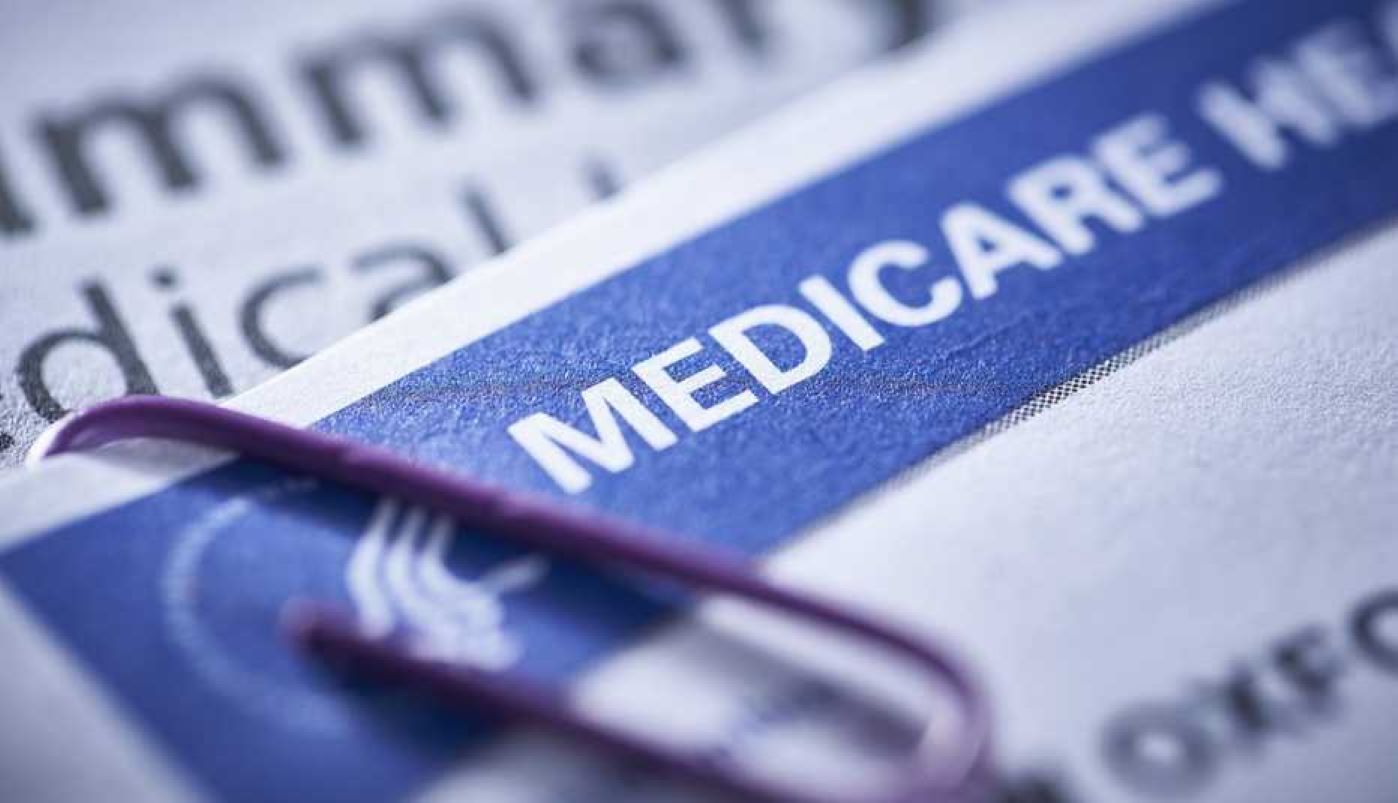President Joe Biden announced on Wednesday his intention to increase the number of prescription drugs that Medicare can negotiate prices for each year, aiming to expand the current target from 20 to at least 50 medications annually.
This proposal, part of several new health-care policy initiatives to be detailed during his upcoming State of the Union address, seeks to enhance affordability for seniors and potentially impact pharmaceutical industry profits, as outlined in a White House fact sheet released on Wednesday.
“Medicare should not be limited to negotiating just 20 drugs per year. Instead, the President is proposing that Medicare be able to negotiate prices for the major drugs that seniors rely on, like those used for treating heart disease, cancer, and diabetes,” the fact sheet stated.
Lowering U.S. drug prices has been a central focus of President Biden’s healthcare agenda and his platform for the 2024 reelection campaign.
However, the fate of these new proposals remains uncertain due to a divided Congress, making their passage into law highly challenging.
The pharmaceutical industry is expected to strongly oppose Biden’s call to increase the number of drugs eligible for Medicare negotiations.
Already engaged in legal battles with the administration over pricing talks, the industry has pursued litigation, with potential escalation to the Supreme Court.
Last fall, the Centers for Medicare and Medicaid Services initiated negotiations by selecting the first 10 drugs for price discussions with Medicare, set to conclude this fall. The outcomes will dictate new prices starting in 2026.
Subsequently, Medicare plans to negotiate prices for an additional 15 drugs in 2027 and another 15 in 2028, with the current framework allowing for 20 negotiated medications annually from 2029 onwards.

President Biden’s administration had previously signaled its intent to expand drug negotiations, with Wednesday marking the first specific mention of a higher annual target.
The proposal aims not only to achieve significant taxpayer savings but also to provide critical relief to seniors.
Neera Tanden, the president’s domestic policy advisor, emphasized during a press briefing on Wednesday, “This change will not only save taxpayers billions of dollars, but more importantly, it will save lives and give seniors critical breathing room that they need.”
The White House indicated that the proposed federal budget cuts of $200 billion could facilitate an increase in the number of drugs eligible for negotiation by Medicare, potentially expediting the inclusion of more medicines in the negotiation process.
While the fact sheet did not specify whether the target of negotiating 50 drugs annually would be phased in gradually or implemented starting in 2029, a senior administration official confirmed that President Biden is eager to collaborate with Congress on refining the details of the proposal.
“We have built a system that we are confident is working and will deliver lower prices for the American people, and we believe we can scale that up,” the administration official affirmed.
Among other policy measures outlined in the proposals are initiatives to cap Medicare copayments at $2 for common generic drugs and extend the $2,000 out-of-pocket cap on drug costs beyond Medicare to all private plans.
Additionally, the administration aims to expand provisions requiring drugmakers to pay rebates to Medicare when their prices exceed inflation, extending this policy to commercial drugs as well.
